Grief in the Workplace - The Business of Compassion
How compassionate is your workplace? When I carried out research into ‘being coached at work whilst facing stressful life events at home’, amongst the findings was the reinforcement of the importance of compassion in healthy workplaces. We’ve never had better evidence for that than in 2020 and now 2021. Indeed, it feels to me as though the compassion imperative shifted up a gear, as we experience the collective impact of Covid-19.
How do organisations bring compassion to life for their employees?
As I read more about the theory of compassion, I wanted to explore how organisations bring this to life practically for their employees. For those facing stressful life events but wanting and needing to turn up – physically and metaphorically – to work, what do they experience? How do organisations, and those around them, take steps to translate the well-researched area of compassion into tangible cultural change and why?
Insights from Lizzie Pickering, Grief Investigator
Someone who is showing how this is done is the inspiring and energising Lizzie Pickering. Lizzie is a filmmaker, speaker, consultant, fundraiser and investigator into grief of all forms. She is driven by the passion to normalise the discussion about grief in the workplace, in order that employees can live and work with it, and be valuable and valued. She lost her son back in 2000 and learnt through that traumatic experience how she and others can navigate their way through, and alongside, grief.
More recently she has been engaged by leading companies to discuss how to support employees through the grieving process. At an organisational level, she has been speaking, delivering webinars and using her production experience to create podcasts on normalising the discussion on grief in the workplace. She is also providing one on one support for those experiencing grief most acutely. She describes her work as providing something different to HR, to coaches and therapists. Instead she is a ‘bridge’ between the employer and the individual; providing empathy, first-hand knowledge, practical support and a very safe space. She signposts how to get the right help and guides her clients through the effects of change.
When Lizzie and I met via Zoom, we discussed the typical employees’ experience following a traumatic event; several week’s leave and access to six weeks counselling through Employee Assistance phone-lines. This approach, whilst beneficial in the short-term has a number of practical challenges.
As Lizzie explained, grief doesn’t compartmentalise itself into a policy-sized time period, nor does it follow a neat process of equally spaced steps. Its effects can emerge at the most unexpected (as well as expected) times that don’t necessarily fit with a bulk-purchased offering.
Even with the best HR function, HR business partners cannot be there for every conversation. But line managers and colleagues can be, to talk when their peer is ready, or be fine with silence when they are not. So, she has been helping HR departments with their grief guidelines and she has been speaking to leaders and managers about what bereaved employees need. More broadly, through Grief webinars, she considers how staff can best support each other through all types of loss. Her own experience is telling.
“My greatest discovery and shock when my son died 20 years ago, was not his illness and death itself, but the lonely place and alien world I found myself in. I was so lucky with loving family, incredible friends and my work community, but given all of that, so many people couldn’t find a way to be alongside me. I actually witnessed people I knew walking the other way to avoid having to confront me and I have heard that time and time again. People saying to me ‘I didn’t know what to say’ and the sufferer saying ‘no-one mentioned their name’. I aim to prevent that happening by opening up conversation around grief and examining the reasons we are so afraid.”
Lizzie described how the cultural shift is in removing the fear of not knowing what to do or what to say, the fear of talking, the fear of sitting alongside in silence.
I see Lizzie’s organisational interventions as tangible examples of supporting a compassionate workplace culture, through providing a deeper understanding of grief, in all its forms, and equipping teams with the knowledge and confidence to make it a part of the normal workplace conversations. As we continue to experience the unifying stressful life event of Covid-19 into 2021, and all the grief that comes with it, practical compassion in this form has to be welcome.
